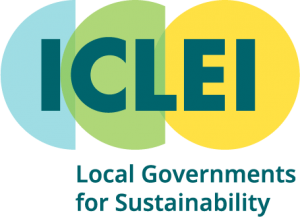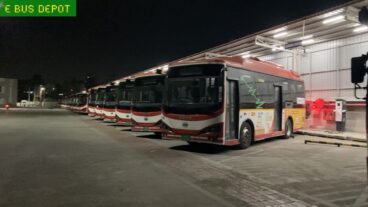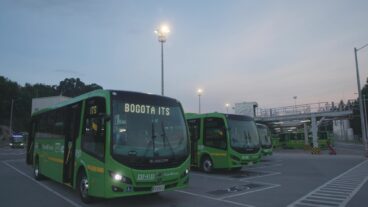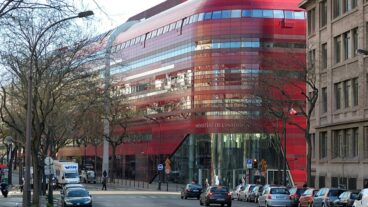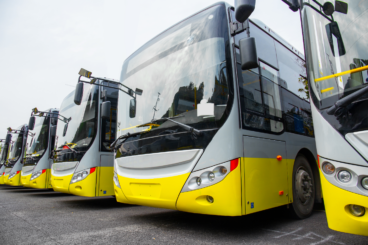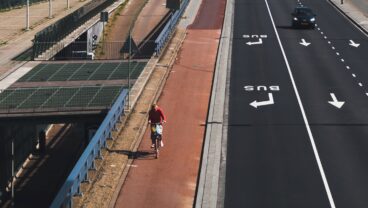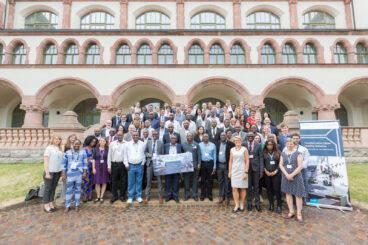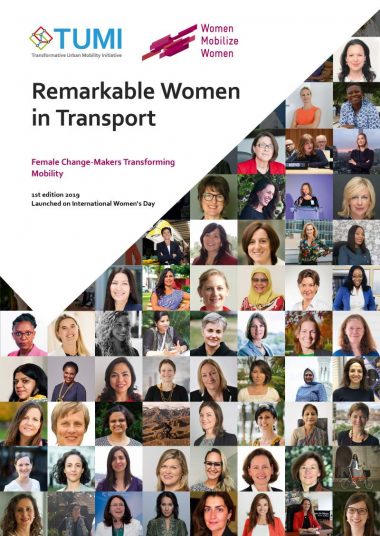TUMI Network of High Ambition Leaders
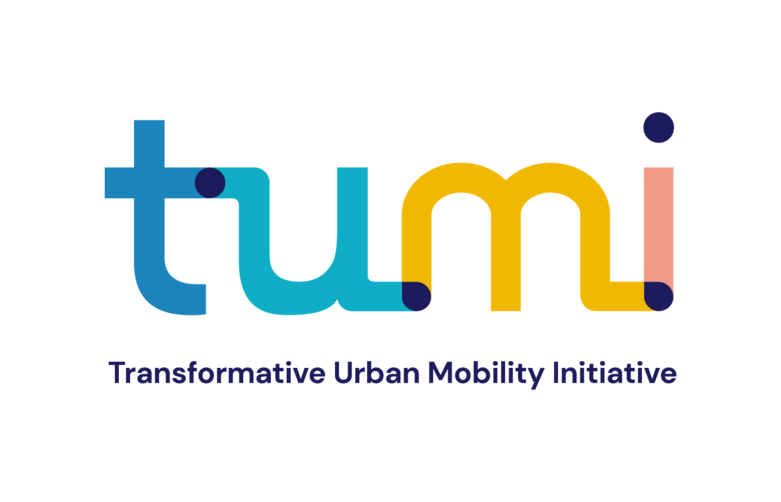
ICLEI is one of the founding partners of the Transformative Urban Mobility Initiative (TUMI). Within the framework of TUMI, ICLEI is responsible for the “TUMI Network of High Ambition Leaders” that connects experts and practitioners with the ambition to transform mobility in their city, while offering a platform for common local actions and peer-to-peer exchanges.
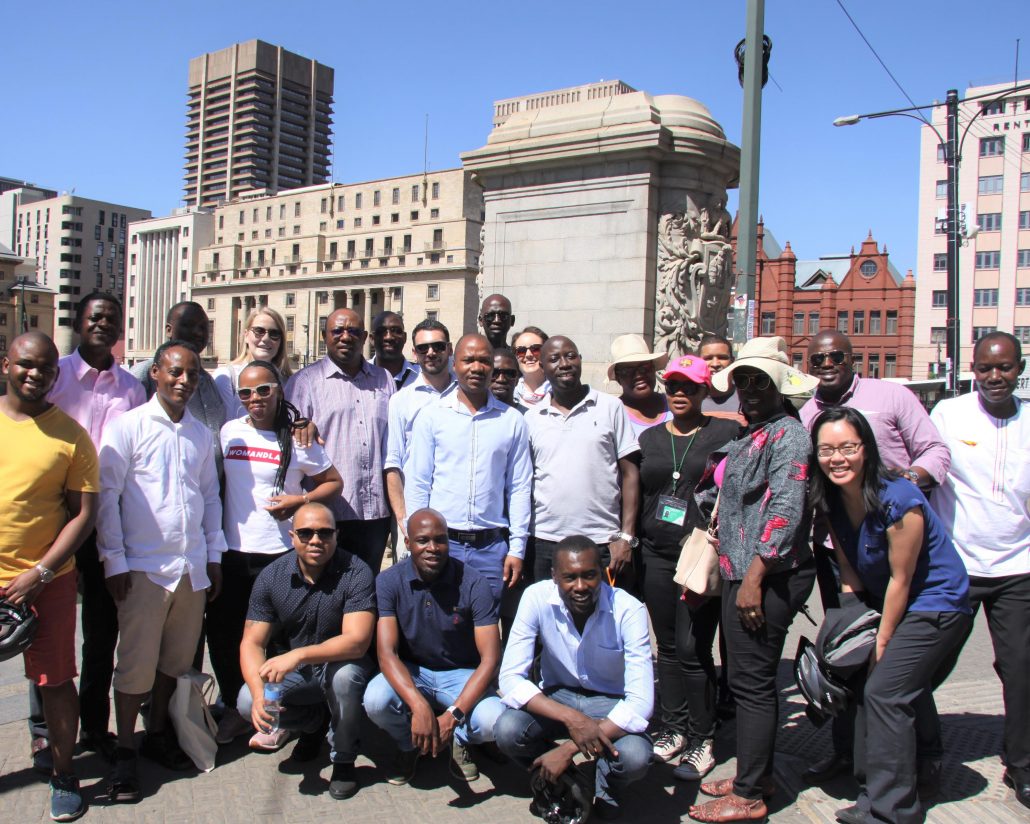
Benefits for the cities to join the TUMI Network
- Network and share your achievements and challenges with ambitious leaders around the world
- Visibility in awareness and communication campaigns
- Priority access to capacity building and technical assistance offered by TUMI
Interested in learning more about these opportunities? Explore our work.
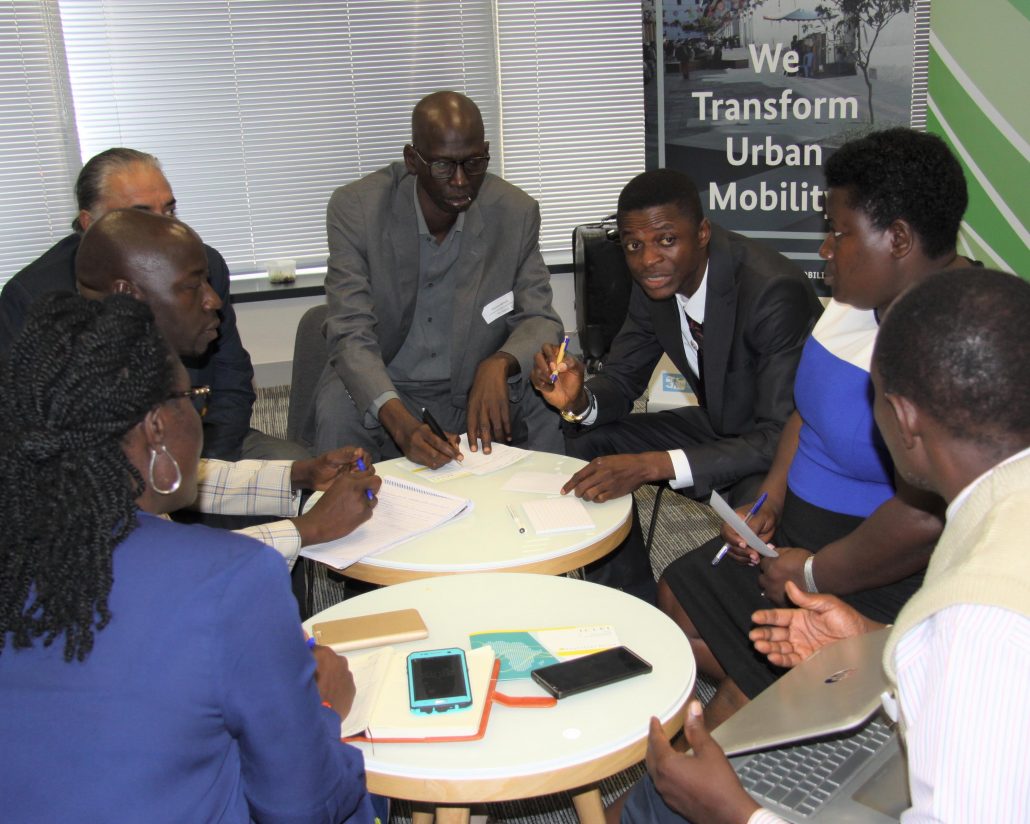
Inspiring cities
Project partners
The Transformative Urban Mobility Initiative (TUMI) enables leaders in developing countries and emerging economies to create sustainable urban mobility. It offers technical and financial support for innovative ideas. In TUMI the German Federal Ministry of Economic Cooperation and Development (BMZ) has brought together some of the world’s leading institutions working on sustainable mobility with city networks and think tanks to implement projects on site where they are needed most.
Partners include ADB, CAF, WRI, ITDP, UN-Habitat, SLoCaT, ITDP, ICLEI, GIZ, KfW and C40. A transition towards sustainable urban mobility requires a shift in policy making and investment decisions. TUMI will support projects, leadership development and career building for urban leaders, decision-makers, planners and students; ultimately connecting 1000 leaders worldwide. We believe in capacity building, mobilization of investments and supporting approaches on the ground as the most effective measures to follow the set goals and achieving a more sustainable urban future.
ICLEI – Local Governments for Sustainability is a global network of more than 2,500 local and regional governments committed to sustainable urban development. Active in 125+ countries, we influence sustainability policy and drive local action for low emission, nature-based, equitable, resilient and circular development. Our Members and team of experts work together through peer exchange, partnerships and capacity building to create systemic change for urban sustainability.
Project updates



